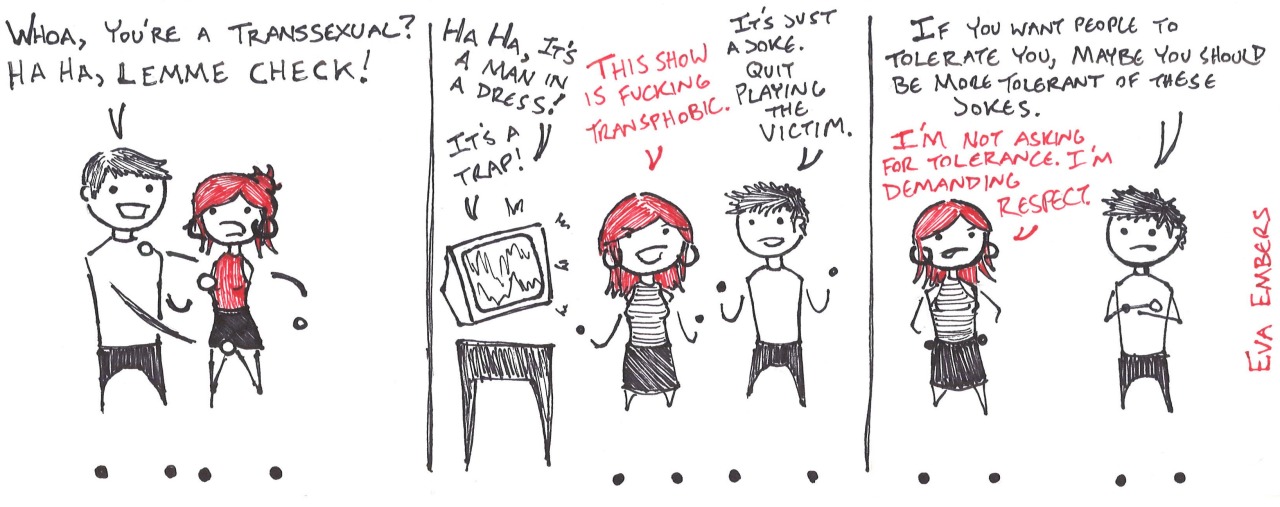I realize that in this blog, I have recounted many--too many--stories about harrassment, assaults and even killings perpetrated by haters against trans women.
While we are certainly more likely to be the victims of hate crimes than other people, I don't want to give the impression that all transphobic violence is committed by cisgender men against trans women (or males who violate societal gender norms). Indeed, too many trans men also are abused, beaten or worse by those who simply cannot abide our existence.
Yesterday, Paul Wettengel was charged with hate crimes for his alleged assault in a Boulder, Colorado bus stop last month. His victim was a trans man.
According to a published account of the incident, a man asked Wettengel for a lighter. Wettengel shoved him. A third man--who would become the victim of the crimes for which Wettengel is now charged--tried to intervene by getting in between them.
Wettengel punched him in the face and, apparently realizing the victim is trans, grabbed his breasts and stomach while calling him derogatory names related to homosexuality as well as transgenderism.
The incident, if it was anything like it's been reported, shows that at the root of all transphobia (and homophobia) is misogyny. Wettengel attacked the trans man whom he perceived as "a girl pretending to be a guy"; too many trans women are victimized because we are perceived as men who don't have the balls to live as men and who choose, instead, to be female. Gay men are also perceived that way and similarly victimized, just as lesbians are attacked for being women who think they are men or who think they're too good for men.
How can anyone hate women so much, knowing that we're all born from them?
While we are certainly more likely to be the victims of hate crimes than other people, I don't want to give the impression that all transphobic violence is committed by cisgender men against trans women (or males who violate societal gender norms). Indeed, too many trans men also are abused, beaten or worse by those who simply cannot abide our existence.
Yesterday, Paul Wettengel was charged with hate crimes for his alleged assault in a Boulder, Colorado bus stop last month. His victim was a trans man.
According to a published account of the incident, a man asked Wettengel for a lighter. Wettengel shoved him. A third man--who would become the victim of the crimes for which Wettengel is now charged--tried to intervene by getting in between them.
Wettengel punched him in the face and, apparently realizing the victim is trans, grabbed his breasts and stomach while calling him derogatory names related to homosexuality as well as transgenderism.
The incident, if it was anything like it's been reported, shows that at the root of all transphobia (and homophobia) is misogyny. Wettengel attacked the trans man whom he perceived as "a girl pretending to be a guy"; too many trans women are victimized because we are perceived as men who don't have the balls to live as men and who choose, instead, to be female. Gay men are also perceived that way and similarly victimized, just as lesbians are attacked for being women who think they are men or who think they're too good for men.
How can anyone hate women so much, knowing that we're all born from them?











